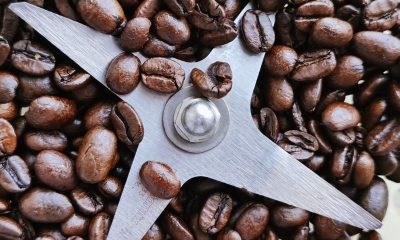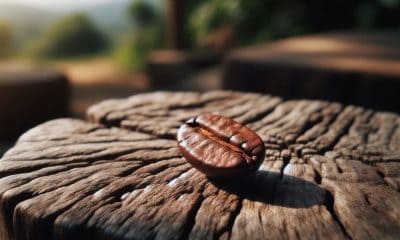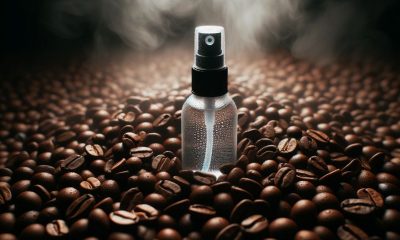Coffee Questions
How Long After Roast Date Is Coffee Good? Unlock The Secrets of Coffee Aging Here
Ever wondered how long after roast date is coffee good? Learn why it’s crucial for flavor and aroma. Discover tips to keep your beans fresh and tasty.
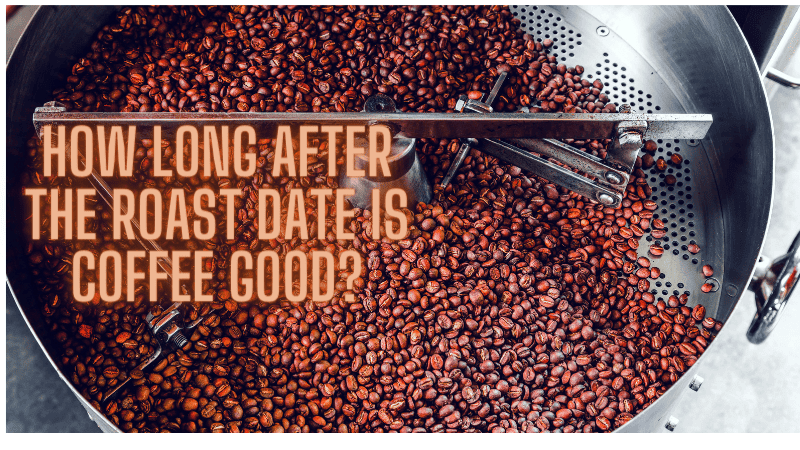

Expert Consulted: Carl. Utilizing my 6 years of experience in the coffee industry, I’m able to provide accurate and concise information, helping you make informed choices about beans, brewing methods, and equipment, thereby elevating your coffee experience. In this article, I’ll be sharing my knowledge with you to answer the question: How long after roast date is coffee good?
In the coffee world, the roast date of your beans is extremely important. But how long after the roast date is your coffee still considered “good”?
Fresh Coffee will last you about 2-3 weeks. During this time, you’ll still be able to pick out those delicious tasting notes on the packet, while being treated to a balance of body and acidity. However, all coffee beans are different; some will require a 1-3 day resting time after roasting, while others may require 7 days.
I go much further into this topic below so that you’ll be able to understand this big question.
Why Does Roast Date Matter?
1
Flavor
You’ll notice straight away if your coffee is not fresh, it will taste bitter, flat, or just outright bad.
2
Aroma
The aroma of fresh coffee is unmistakable, if your coffee lacks a strong and lovely aroma, chances are it’s not fresh.
3
Experience
Fresh coffee will provide you with a multi-sensory experience that stale coffee simply can’t reach
The date that your coffee was roasted will heavily impact your drink. For example, if you purchased your coffee from a supermarket, that coffee will be significantly less fresh than if you were to buy from a dedicated roaster.
This is because of the roast date. You’ll find that coffee being sold in a supermarket will rarely contain a roast date; this is due to the beans being packaged for longevity and not freshness, therefore leading to stale coffee.
This raises the question, why does coffee only last for a couple of weeks?
Coffee Aging Process: A Brief Overview
There are 2 main components to coffee aging, which I call the aging timeline.
The Aging Timeline
| 1. | Degassing: | Right after roasting, the coffee starts releasing carbon dioxide for about 1-4 days. If you brew too soon and find that your cup tastes off no matter what you try, that’s degassing in action. |
| 2. | Oxidation: | The more time your coffee is exposed to light or air, the more stale and deteriorated it will become. This causes the coffee to lose its aromatic flavors and oils. It’s similar to cutting an apple and watching it turn brown. |
What Happens Right After Roasting? A Detailed Explanation
When you roast coffee, the roasting process will produce a surprising amount of CO2, and although most of that CO2 will escape the beans during the roasting process, quite a lot is still trapped inside the coffee beans.
The roast level will also affect the amount of CO2 that’s produced; for example, a light roast will produce significantly less CO2 than a dark roast.
Over time, the CO2 will slowly leech out, but there are a couple of factors that determine this.
Although I said that a light roast will contain a lower amount of CO2, confusingly, the lighter your roast, the denser the end coffee bean will be.
That means the CO2 will have a harder time escaping the bean.
Meanwhile, a darker roast will be less dense therefore allowing the CO2 to be released faster.
So, that’s what happens right after roasting, but what should you do with your coffee now that you are ready to start brewing? Well, hold your horses there. You might think that your coffee is ready to be brewed right away, but first, you must let it rest.
Resting Your Coffee: What It Is and How to Do It
Resting your coffee is simply leaving your coffee to degas for a period of time.
So, how should you go about resting your coffee? I’ve provided another table below that illustrates the length of time for each roast clearly and concisely.
| Roast Level | Filter | Espresso |
|---|---|---|
| Light Roast | 4-5 days | 10 days |
| Medium Roast | 4-5 days | 8-10 days |
| Dark Roast | 3-5 days | 5-7 days |
How to Store Your Coffee
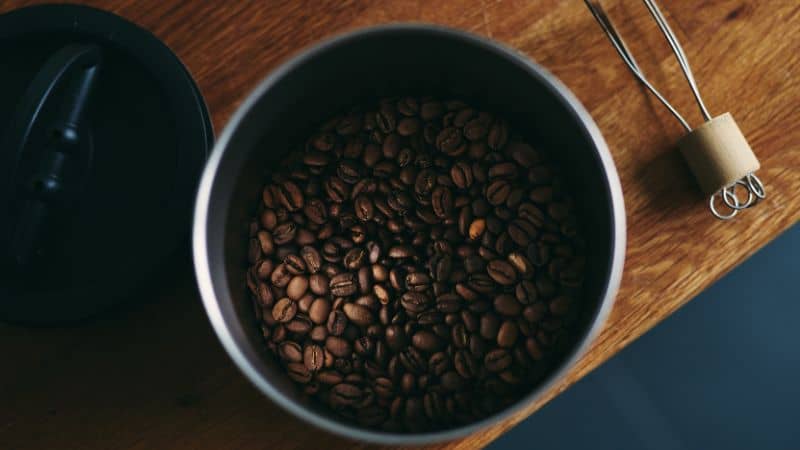
There are many ways to store your favorite coffee, but which is best? Let’s find out.
- Airtight Containers: Perhaps the most common method to store coffee, airtight containers are a decent way to ensure your coffee doesn’t stale too fast. I would suggest other methods, though, as air will still flow even if you can’t tell.
- Vacuum Seal: A vacuum-sealed container is a wonderful way to let your coffee degas while also keeping it very fresh due to not letting any new oxygen in.
- Stock Coffee Bag: The standard bag that your beans will arrive in usually contains a little plastic valve on the side, which allows gas to escape but doesn’t allow fresh oxygen in. This valve is especially essential with ground coffee, if your bag of ground coffee doesn’t contain one of these valves, it will burst due to the pressure of gas coming out of the grounds.
- Avoid Direct Light and Moisture: Your coffee beans hate both.
Temperature matters a lot when storing coffee, so try to stay away from storing your beans in a very hot climate. This will reduce the degassing time but also accelerate other staling reactions.
On the contrary, freezing your coffee is actually a great method to keep your coffee fresh.
Conclusion
Hopefully, you all understand now how important it is to check the roast date of your coffee. Buying from a local roaster, either online or in-person, is the way to go.
Store-bought coffee will rarely have a roast date on it, instantly telling you that it’s not fresh.
Make sure to let your coffee rest accordingly; nobody wants stale coffee.
Last but not least, try to make sure that you store your coffee in a room temperature climate of around 20 degrees, if possible, and in either a vacuum-sealed container or the bag that the coffee beans came in.
I know for some people out there, achieving a perfect storage temperature isn’t going to happen; it’s just a rough guideline.
That was my take on the question: How long after roast date is coffee good?
Image Attributions and Licensing
Main Image: ‘Freshly roasted aromatic coffee beans over a modern coffee roast’ (Canva Pro)
#1: ‘Specialty Coffee Beans in Airtight Container’ (Canva Pro).




